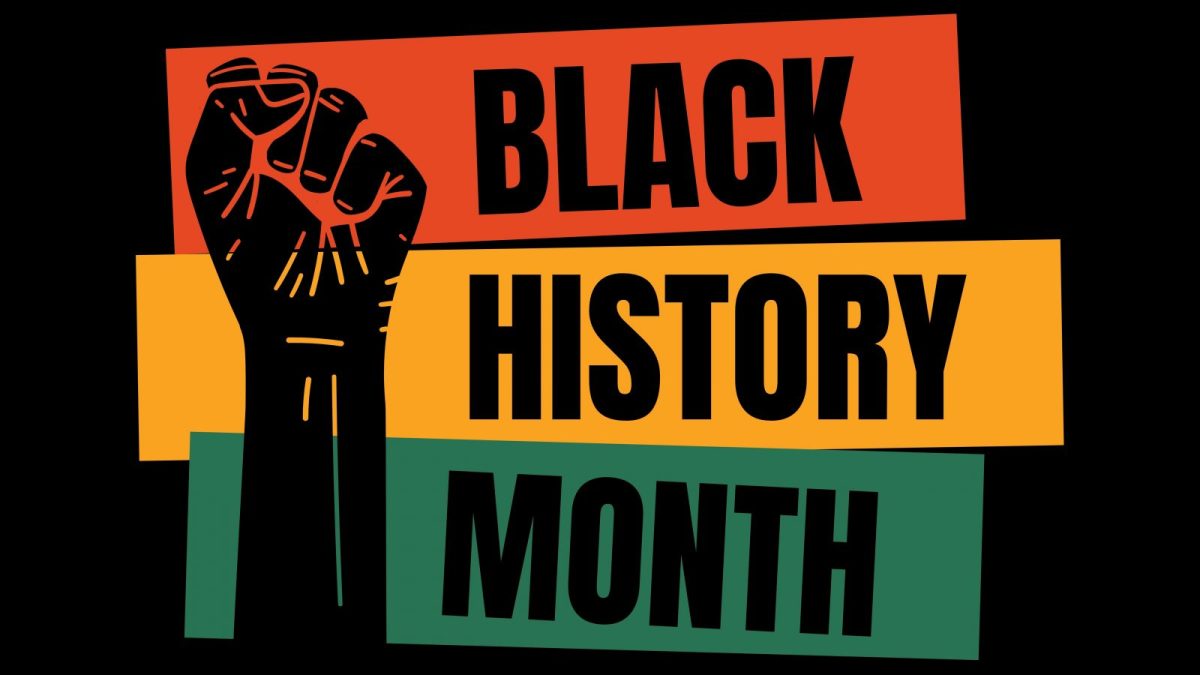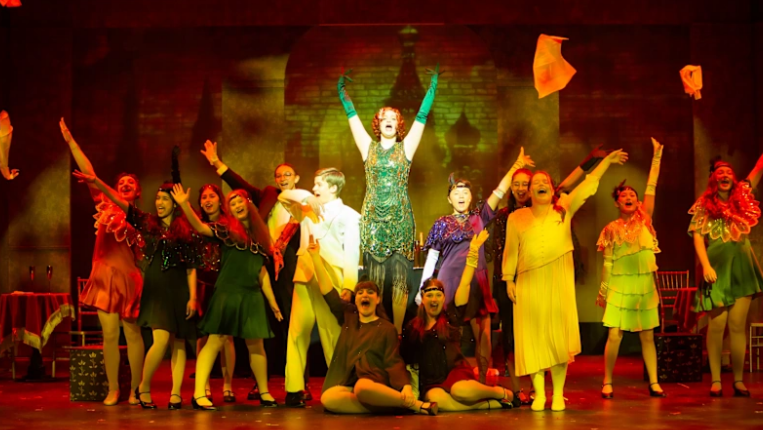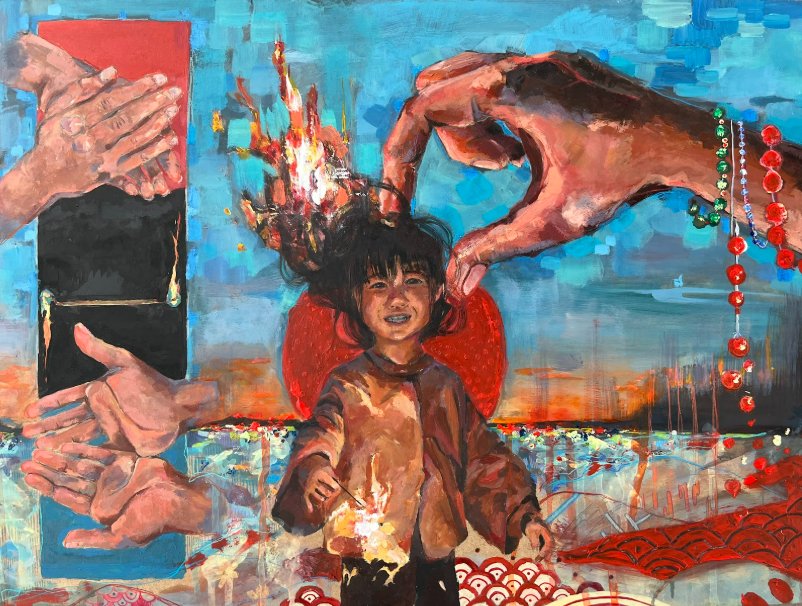“African Americans and the Arts” was the 2024 theme of Black History Month—a time to celebrate and commemorate the achievements, contributions, and sacrifices of African Americans in the United States.
Black History Month has been celebrated every February since 1976. The celebration stemmed from the idea of Carter G. Woodson, who is often considered the “father of Black history.” As a historian and President of the Association for the Study of African American Life and History (ASALH), Woodson set out to designate a time to promote and educate people about Black culture and history.
Woodson ended up choosing the second week of February, as it houses both the birthdays of Abraham Lincoln and Frederick Douglas. Woodson envisioned a weeklong celebration to focus and broaden the nation’s consciousness in the hopes of bridging connections between the people of America. The idea eventually gained traction and grew into acceptance, and by the late 1960s, the history week turned into a whole month of celebration.
Colleges and universities also began to hold commemorations, with Kent State University being one of the first. Fifty years later in 1976, President Gerald Ford officially recognized Black History Month. Ford saw the importance of “honoring the too-often neglected accomplishments of Black Americans in every area of endeavor throughout our history.”
Greeley has celebrated Black History Month for many years, and the celebration is primarily led by the BIPOC Student Union—a Greeley advocacy club. Co-president of the BSU, Ava Herman, suggests “It’s important for schools to celebrate the month, as it raises awareness on important issues and fights back against ignorance.” For this year’s celebration, the BSU posted a series of educational spotlights on various African American artists and advocates on social media platforms such as Instagram.
Furthermore, the BSU hosted a trivia table presenting African American leaders in almost every field, from scientists to athletes to artists. To complete the activity, a student would match biographies to the correct people. Adam Kamal, a co-secretary of the BSU, says that the whole process was very enjoyable as “kids and adults were able to challenge their own knowledge of African American history and learn more.” Sara Jankovic, a co-social media director of the BSU, shares that it was a “learning opportunity for both the students and the faculty,” and that everyone walked away learning something new about African American history and culture.
African American contributions are paramount in the fields of performing arts, literature, fashion, language, and more. Various movements throughout the United States’ history, such as the Harlem Renaissance, have shaped America’s art forms, leading to notable cultural, artistic, and social awakenings. Famous artists, such as Langston Hughes and Louis Armstrong, forever changed the artistic world around them. Almost everywhere in the States, art has been infused and influenced by African Americans. Black History Month serves as a reminder that there is no American history without African American history.
Categories:
Recap of Black History Month
Amy F.
•
May 29, 2024
0





